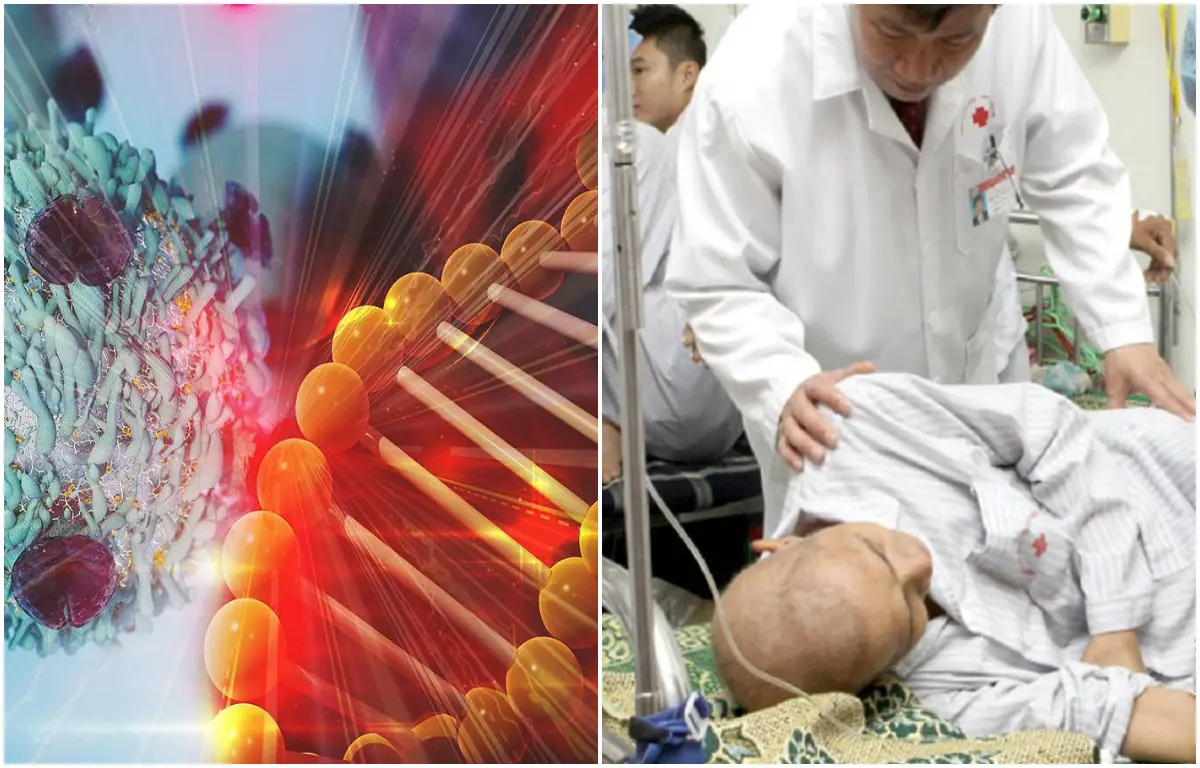
Doctors say it's possible to predict a stroke 90 days before: These are the early warning signs of a stroke, be prepared
Stroke risk increases with age, but early detection of warning signs such as dizziness, headaches, or vision issues can make all the difference. Here's what you need to know.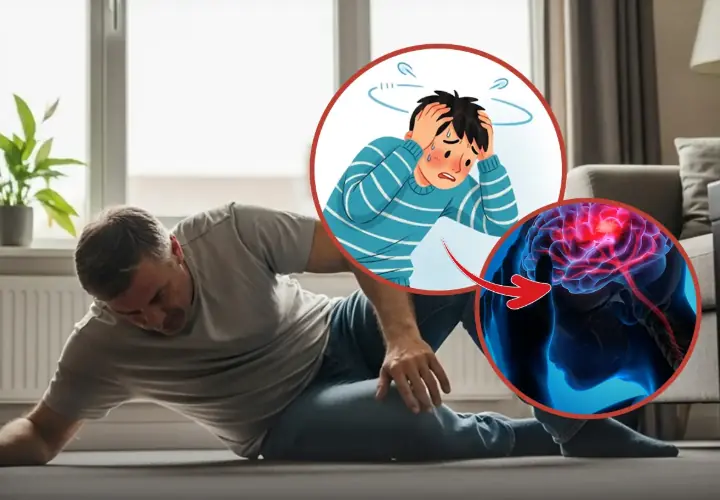
Strokes can strike unexpectedly, but recognizing early signs may help prevent the worst outcomes. A study has shown that strokes, particularly among younger people, have been on the rise since 1990. While strokes are more common in older adults, research has also highlighted the increasing occurrence among younger populations. Therefore, understanding the warning signs and how to act quickly could be lifesaving.
What Increases Your Chances of Having a Stroke?
Several factors contribute to your stroke risk, with age being one of the most significant. As you age, your risk of having a stroke nearly doubles every decade after 55. However, strokes can—and do—happen at any age, which is why staying vigilant and aware of the symptoms is essential for everyone, regardless of age.
According to studies, many individuals who experience strokes have had a transient ischemic attack (TIA) in the 90 days leading up to the event. TIAs, also known as mini-strokes, present similar symptoms to a full stroke, including dizziness, confusion, and weakness. Noticing a TIA and seeking immediate medical attention can significantly reduce the chance of a future stroke.
Early Warning Signs to Watch Out For
Even though predicting a stroke a month ahead is challenging, the following symptoms may provide early warnings:
-
Dizziness or Loss of Balance: A sudden loss of balance or feeling lightheaded could be a warning sign.
-
Severe Headaches: Unexpected, intense headaches without any known cause can be linked to strokes.
-
Vision Problems: Issues with vision in one or both eyes should not be ignored.
-
Weakness or Numbness: Especially in one side of the body, particularly the arm, leg, or face.
-
Confusion or Trouble Speaking: Difficulty understanding speech or expressing thoughts clearly.
The Importance of Transient Ischemic Attacks (TIA)
A TIA, or mini-stroke, is often an indicator of a more severe stroke on the horizon. While a TIA does not cause permanent damage, it is still a significant red flag. About 20% of people who experience a TIA will have a full stroke within the following three months. Symptoms of a TIA include:
-
Sudden numbness or weakness in the face, arm, or leg (particularly on one side of the body).
-
Confusion or difficulty speaking or understanding speech.
-
Sudden vision problems in one or both eyes.
-
Sudden severe headache with no known cause.
It’s essential to take a TIA seriously, as it can serve as a warning that a stroke may be imminent. Immediate medical intervention is crucial in these situations.
F.A.S.T. Method: How to Quickly Identify Stroke Symptoms
The F.A.S.T. acronym can help you remember the critical stroke symptoms and determine when to call for emergency help:
-
Face: Check for drooping or numbness on one side of the face.
-
Arm: Notice any weakness or numbness in one or both arms.
-
Speech: Listen for slurred speech or difficulty speaking.
-
Time: Call 911 immediately if you notice any of the above symptoms.
Recognizing these signs early and acting quickly can drastically improve outcomes.
How to Prepare for a Stroke Emergency
Strokes can occur unexpectedly, but being prepared can make a significant difference. Here’s how you can better prepare yourself and your family for a potential stroke:
-
Know Your Stroke Risk Factors:
-
Age: Stroke risk increases with age, particularly after 55.
-
Medical History: Diabetes, heart disease, high blood pressure, and high cholesterol significantly increase stroke risk.
-
Lifestyle Factors: Lack of physical activity, smoking, excessive alcohol consumption, and obesity all contribute to higher stroke risk.
-
Genetics: Family history of strokes can also increase the likelihood.
-
-
Find the Nearest Stroke Center:
It’s critical to know where the nearest stroke center is located, especially if you live far from medical facilities. In the event of a stroke, time is of the essence, and getting to a stroke center as quickly as possible can save lives. -
List of Medications and Allergies:
Keep an updated list of your current medications and any known allergies. This will help healthcare professionals make informed decisions in an emergency. -
Lifestyle Modifications:
-
Regular exercise, a balanced diet, and quitting smoking are essential lifestyle changes that can reduce stroke risk.
-
Regular check-ups with your doctor, especially after age 55, can help identify any early signs of high blood pressure or other cardiovascular issues.
-
What to Do If You Suspect a Stroke
If you or someone else is showing signs of a stroke, do not wait—seek medical attention immediately. Calling an ambulance is the best option, as it allows medical staff to begin care on the way to the hospital. Do not drive yourself, as a stroke can impair your ability to focus and make decisions.
When speaking with medical professionals, always mention if you suspect it may be a stroke. If you're diagnosed with something else, and you're still concerned about the possibility of a stroke, don't hesitate to ask, "Why do you think it's not a stroke?" A reasonable, clear response should be given. If you don’t feel satisfied with the answer, seek a second opinion.
A Quick Review of Stroke Warning Signs
-
Sudden weakness or numbness in the arm, leg, or face (especially on one side of the body).
-
Confusion, difficulty speaking, or trouble understanding speech.
-
Vision problems in one or both eyes.
-
Severe headache with no known cause.
-
Difficulty walking, dizziness, or loss of balance.
Remember that if you experience any of these symptoms, it’s crucial to act quickly. Recognizing these early signs of stroke can help you get the medical care you need and prevent serious complications.
News in the same category


Black Beans and Black Sesame: The Ancient Pair That “Cleans by Day, Restores by Night” — Yet Most People Use It Wrong
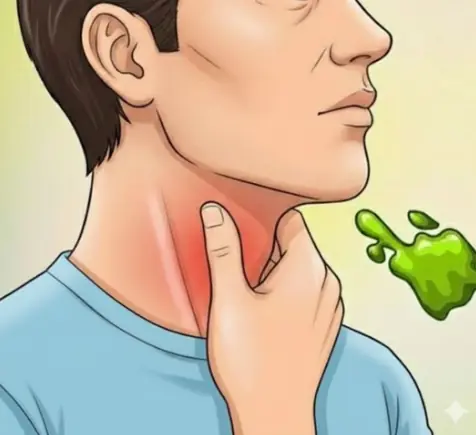
The Real Causes of Constant Phlegm and Mucus in Throat — And How to Get Rid of It

3 Signs Your Parent May Be Nearing the End of Life — How to Prepare for What’s Ahead
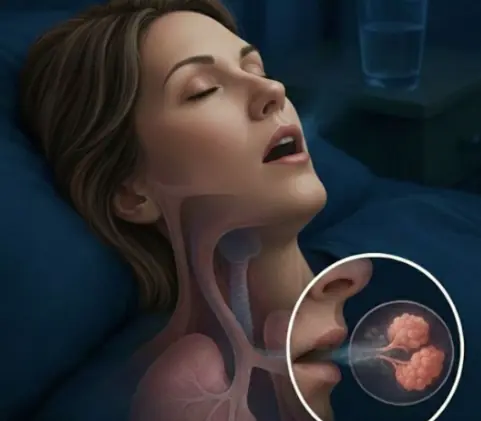
Why you keep waking up with dry mouth—and what it may be telling you
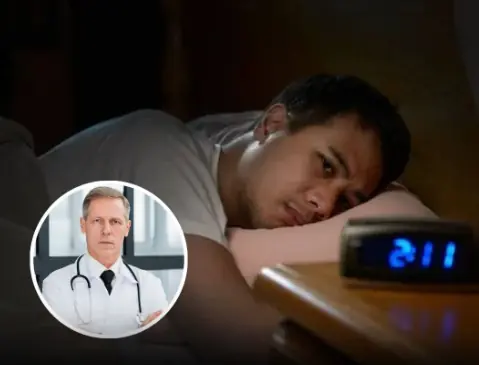
If You Keep Waking Up at 3AM, The Universe Might Be Trying to Tell You Something

These sudden purple patches on my arms won’t stop appearing, and my doctor is booked until January. What’s happening?

The Hidden Meaning Behind Thumb Rings for Women vs. Men
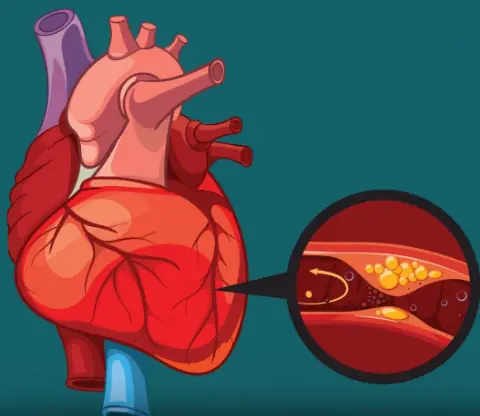
The Best Foods to Cleanse and Prevent Clogged Arteries

The Ultimate Guide to Cloves: Benefits, Uses, and How They Work
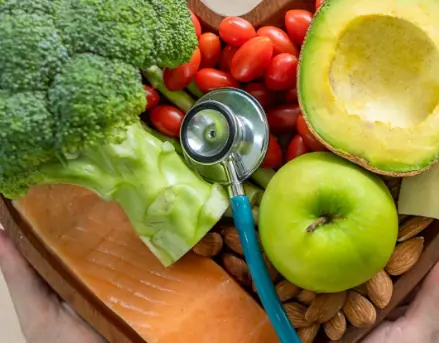
Top 10 Foods to Control Diabetes

90% of Cerebral Infarction Patients Did These 3 Things in the 3 Days Before a Stroke — Chances Are You’re Doing the Second One Right Now
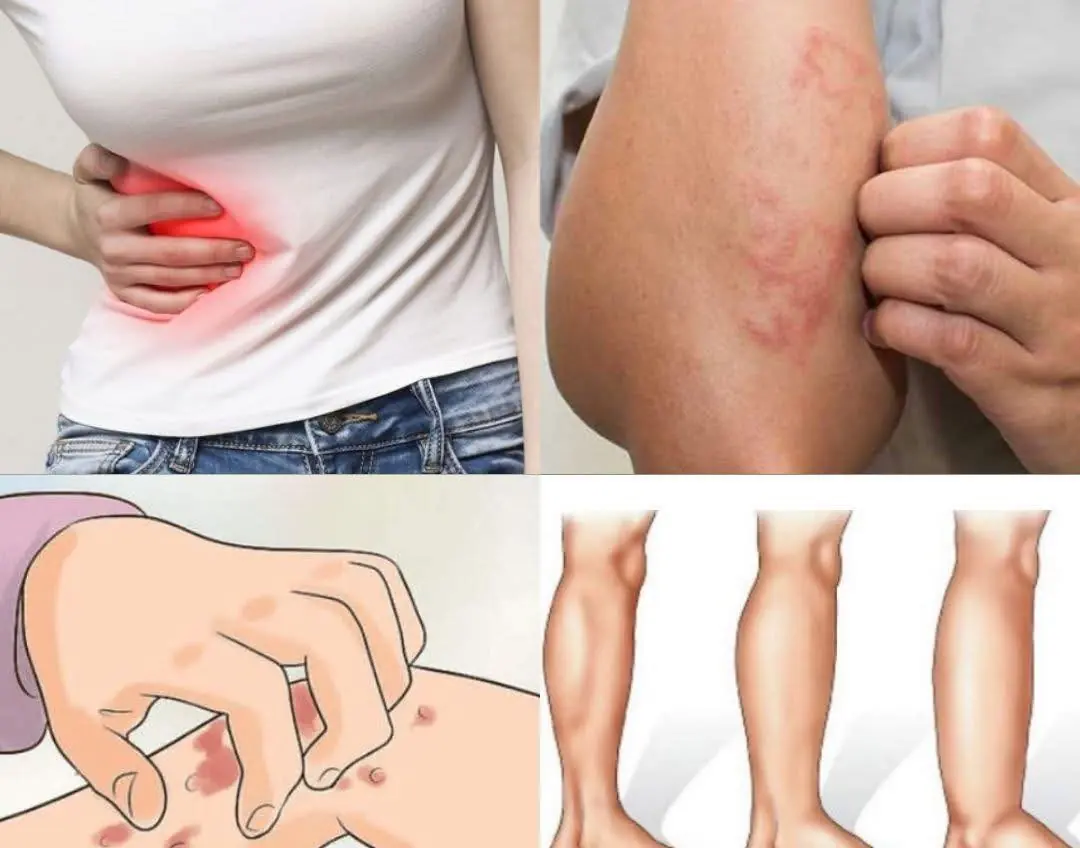
🩺 If Your Kidneys Are in Danger, Your Body Will Warn You With These 8 Signs
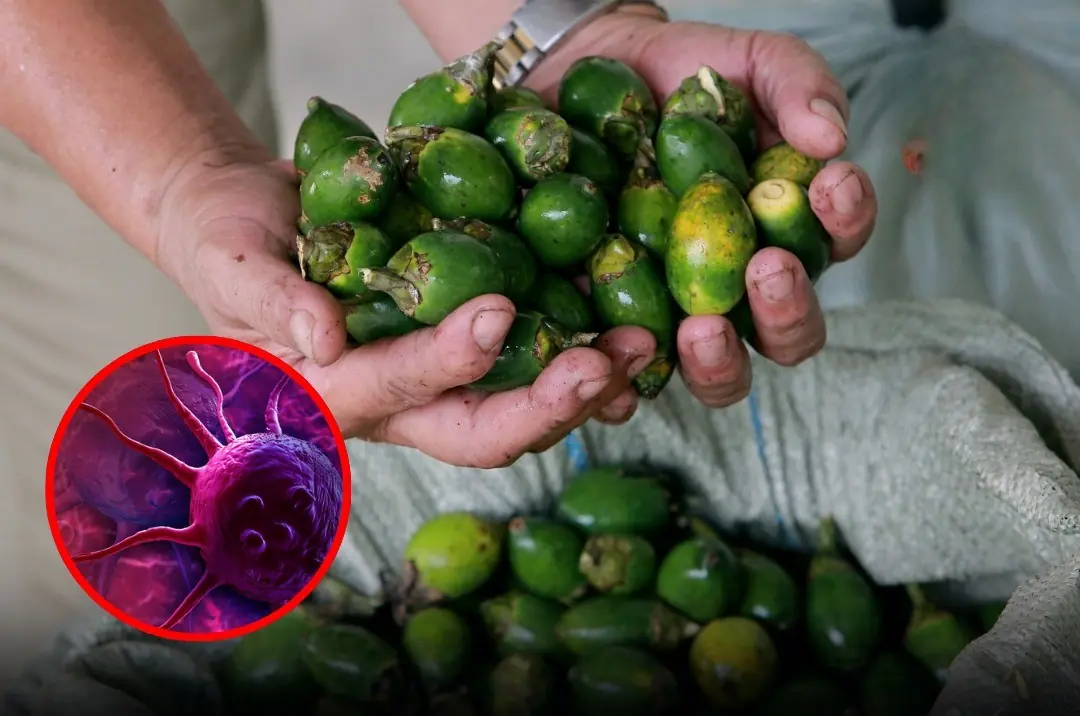
You might be eating these every day — and not know the dang:ers

Watch out – this sign could be an early warning!
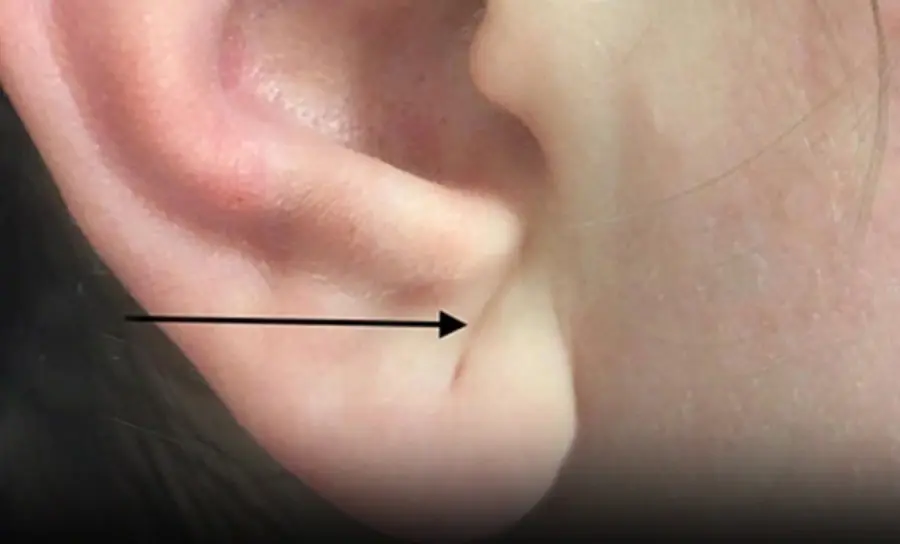
Shortness of breath, chest pain, and heart rhythm disturbances are not the only warning signs that you are in danger of heart disease.

Warning signs you may have a brain hemorrhage, don't ignore them or you'll regret it too late
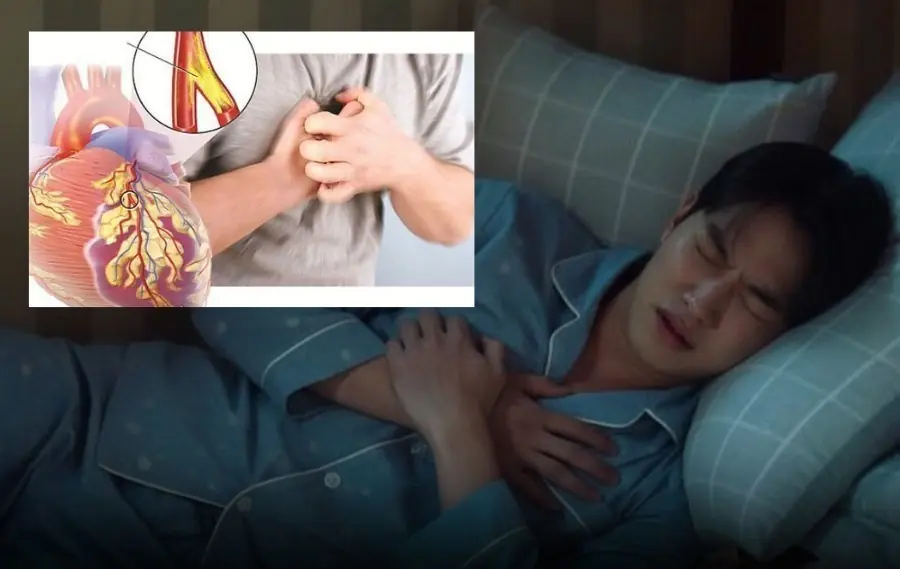
If you go to sleep and encounter these 5 situations, you should be careful
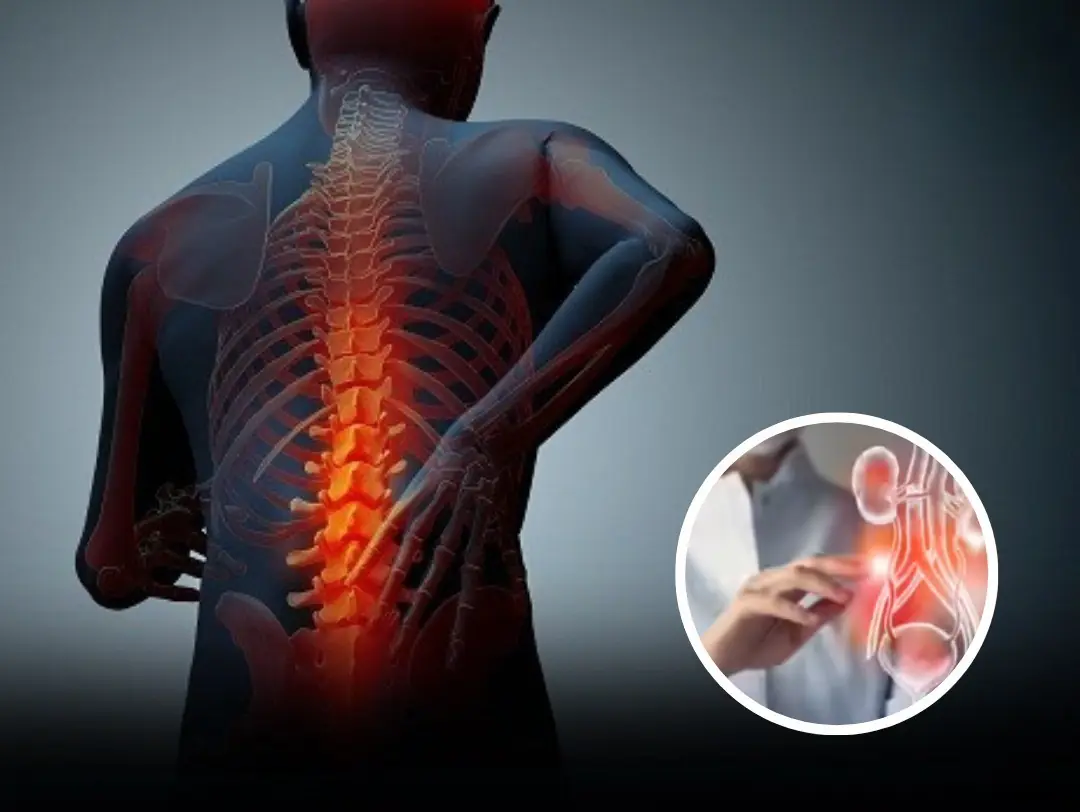
Your Body May Be Signaling Kidney Weakness—Here’s What to Look For
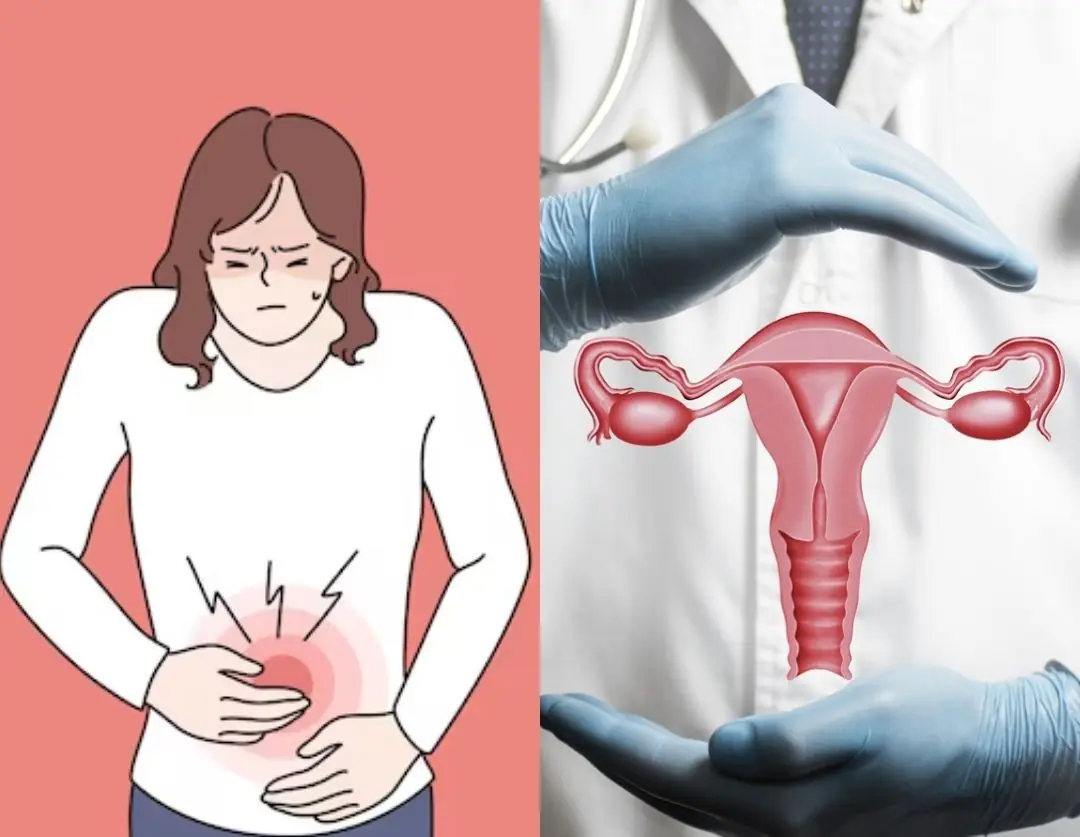
8 Early Warning Signs Of Ovarian Cancer You Shouldn’t Ignore
News Post

90% of women don’t know this trick: Add this one thing to the pan and you can fry “everything” without worrying about oil splattering!

Top Hospitals Issue Stark Warning: This Common Meat May Be “Feeding” Can.cer — Just 50 Grams a Day Raises De.ath Risk by 18%

Black Beans and Black Sesame: The Ancient Pair That “Cleans by Day, Restores by Night” — Yet Most People Use It Wrong

When Buying Bananas, Just Say These 3 Words — Sellers Will Think You’re an Expert and Won’t Dare to Cheat You

The Real Causes of Constant Phlegm and Mucus in Throat — And How to Get Rid of It

3 Signs Your Parent May Be Nearing the End of Life — How to Prepare for What’s Ahead

Why you keep waking up with dry mouth—and what it may be telling you

So this is what it does, here is the answer

If You Keep Waking Up at 3AM, The Universe Might Be Trying to Tell You Something

These sudden purple patches on my arms won’t stop appearing, and my doctor is booked until January. What’s happening?

The Hidden Meaning Behind Thumb Rings for Women vs. Men

The Best Foods to Cleanse and Prevent Clogged Arteries

The Ultimate Guide to Cloves: Benefits, Uses, and How They Work

Top 10 Foods to Control Diabetes

90% of Cerebral Infarction Patients Did These 3 Things in the 3 Days Before a Stroke — Chances Are You’re Doing the Second One Right Now

PAN-SEARED WHITE FISH WITH GARLIC CHILI BUTTER

🩺 If Your Kidneys Are in Danger, Your Body Will Warn You With These 8 Signs

You might be eating these every day — and not know the dang:ers

Watch out – this sign could be an early warning!
